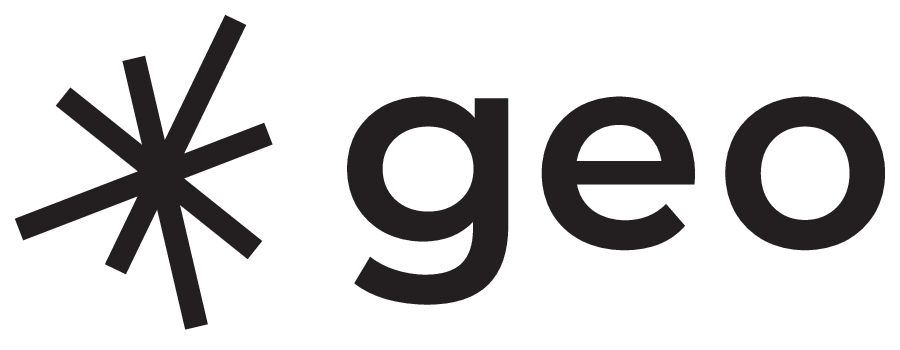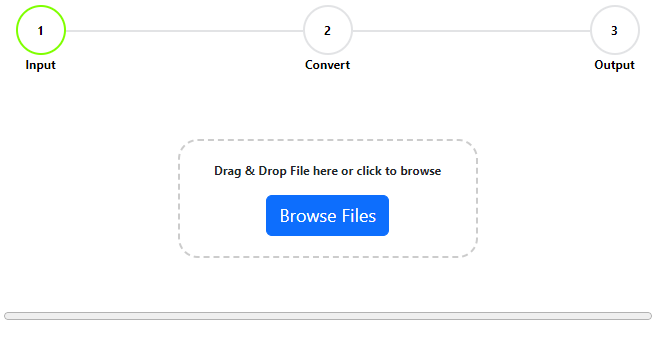The Business And Career Of Geospatial Consulting
In this episode, the discussion revolves around Geospatial consultancy – both as a business and as a career.
On the business side of things, the discussion focuses on how geospatial consultancies approach different markets and what they look for when hiring geospatial consultants.
On the other hand, if you are considering a job as a geospatial consultant, this podcast will help you understand what makes a good consultant and some of the most valuable skills that will drive your success.
A Quick Note about the Guest
Todd Slind, the VP of technology at Locana – a geospatial consultancy. Todd studied Civil engineering with an emphasis on transportation planning and traffic engineering. Towards his graduation, he received career advice from a graduate student advisor who pointed him towards GIS, which at the time (the early 90s) was an emerging technology with a promising future. Taking that advice, Todd completed a series of GIS courses and later on found a job as a GIS program analyst for a large municipal enterprise GIS program. He has worked in the geospatial field since then.
Will GIS Still Be Relevant In The Future?
With increased talks of democratizing GIS and making it available to everyone across all industries, one may wonder whether a career in GIS will still be a viable option in the future.
Clearly, a number of things will change and it is possible that a career in GIS may mean something different from what we know now.
But the bottom line is – GIS will continue to be relevant in the future because there is always going to be a need to understand new contexts and match very specific contextual data to the problems we are trying to solve.
Sure the space may shift from desktop GIS analysis to more of web GIS development, but a career in GIS being irrelevant? Very unlikely.
The Business of Geospatial Consulting
A geospatial consultancy may serve a variety of customers, but having flywheel customers that generate recurring revenue is very important for satisfying the core needs of the business. With the business running, a consultancy can then explore new business opportunities by making educated bets by looking at where the industries are going and the general world trend.
The next step is to figure out how to get attached to the opportunity stream – how to meet with the right people who are thought leaders in a particular industry. Collaborating with the right people unlocks new business, promotes growth, and keeps the consultancy’s activities relevant for the future.
Mature Markets Vs Growing Markets in Geospatial Consulting
In a broad sense, geospatial markets can be segmented into two – mature markets and growing markets. Mature markets often have established industry standards, which have been developed and adopted over time. This means that consultancies can build specialized software and tools on top of the already established platforms. In mature markets, the customer base is more sophisticated and well-informed; with a very solid understanding of the problem as well as a range of available solutions. Generally, they know what they need.
For growing markets, usually, the problems that need to be solved are typically still under discovery. The problems are less well-defined and the solutions often need to be bespoke.
Offering consulting services to a growing market follows a more conventional process beginning with the need to draw out the requirements of the customer, design a solution, and finally evaluate the appropriate technologies for solving the problem. But compared to mature markets, growing markets have a lot more creative space.
What Markets Should A Consultancy Address?
A consulting business always has to make decisions about where to focus its time and resources. Doing a market analysis will usually help to reveal how well along is a certain market on the adoption curve for the services that the consultancy offers.
To be on the leading edge, it is preferable to approach customers who have arrived at a point where they understand how a consultancy can address their problems. And when choosing which markets to serve, a consultancy should prioritize aligning the work they do to the company values. Working on things that are making a difference will help to bring a sense of satisfaction to people in the organization.
When Should A Consultancy Consider Build A Product Around Their Solution?
Before building a product, you have to know what a market needs. One way to do this is by offering bespoke services which will provide insight into what is working and what is not.
You will discover what it is that people are asking for again and again; and what promises you can make and keep. Coming from this point of experience and understanding, you can abstract the solution to a point where you can make it a product that could appeal to a broad set of customers.
What Do Consultancies Look For In Consultants?
If you are seeking a career in consulting, adapting to the consulting lifestyle early on matters a lot. In addition, you should cultivate creativity and be problem-solving oriented.
One of the top skills you need to develop is being able to interface with customers, draw out the specifics of their problems, and ideate how to solve the problem effectively and efficiently.
Another top skill is driving your own technical development. You should be able to effectively teach yourself new things in the industry.
Consulting businesses typically follow where the market is going and try to lead the market in that direction.
Self-directed learning is an invaluable skill that will help you stay on the leading edge as a consultant and make you a part of the next step forward toward where the technology is going.
Wrapping up the top three skills you should have as a consultant is the ability to make accurate levels of estimates of how long it may take to complete a task. The earlier in your career, you can acquire this skill, the more valuable you are going to be to a consultancy.
How Does A Consultancy Identify A Good Consultant?
Oftentimes, even before the formal interview, a consultancy’s hiring team would have identified the best candidates who can make good consultants during the screening process.
They usually pick this up from how a candidate describes their past projects and a show of ambitiousness in the steps they took along their journey.
The interview process is usually about assessing how creative a person is in answering the question: How is the candidate considering alternatives? Is the candidate thinking about how to make the best of the constraints and opportunities that are present? Is the candidate demonstrating a more mature way of approaching a problem? A candidate that scores positively on these questions is probably one that has developed the core qualities of a good consultant.
Recommend Podcast Episodes related to geospatial consultancy
Building a web-based mapping tool into a business
A Business Built on Open-Source GIS
Being A Graduate Geospatial Consultant
Hiring and Being Hired for Geospatial Jobs
Getting Where You Want To Go In Your Geospatial Career





